After a row over Amar Sonar Bangla earlier this week, now a controversy has broken out over India’s national song ‘Vande Mataram’.
The song written by Bankim Chandra Chatterjee in 1875, which later became a rallying cry for Indian freedom fighters, is now the at the center of a back and forth between the BJP and the Congress.
The development comes as Prime Minister Narendra Modi, kicking off year-long celebrations for the 150th anniversary of ‘Vande Mataram’, slammed Congress for ‘distorting’ the anthem in 1937.
But what happened? What do we know about the row? Did Congress remove stanzas from the song?
A brief look at ‘Vande Mataram’
First, let’s take a brief look at 'Vande Mataram' .
Chatterjee penned ‘Vande Mataram’, meaning “I bow to thee, Mother,” using Sanskrit and Bengali verses in 1875. He reportedly did so on Akshaya Navami, which fell on November 7 in that year. The six-versed anthem was first published in Chatterjee’s 1882 novel ‘Anandamath’. Rabindranath Tagore’s recitation of the song at the Indian National Congress’ convention in Calcutta in 1896 brought it into the limelight.
The song quickly captured the public inspiration and inspired countless people across India. It was taken up by freedom fighters as a rallying cry to unite the people against the British, who had banned it. After Independence, ‘Vande Mataram’ was given the status of India’s national song. It was adopted by the Constituent Assembly of India and also honoured by India’s first president Prasad for playing a major part in the freedom struggle. Prasad, in fact, placed it at par with India’s national anthem ‘Jana Gana Mana’.
What’s the row?
Modi on Friday claimed that the Congress had omitted some ‘important stanzas’ from 'Vande Mataram' in 1937.
“Vande Mataram became the voice of India’s freedom struggle, it expressed the feelings of every Indian. Unfortunately, in 1937, important stanzas of Vande Mataram..its soul was removed. The division of Vande Mataram also sowed the seeds of partition. Today’s generation needs to know why this injustice was done with this ‘maha mantra’ of nation building. This divisive mindset is still a challenge for the country," he said.
Modi isn’t alone. BJP national spokesperson CR Kesavan, on social media, taking to social media, cited a letter from Nehru saying the song was “likely to irritate Muslims”. Kesavan claimed Nehru made a historic blunder by weakening the song’s national symbolism.
“In a letter dated Sep 1, 1937, Nehru spitefully writes that anybody considering the words in Vande Mataram as anything to do with a Goddess was absurd. He also derisively opines that Vande Mataram is not suitable as a national song. Netaji Subash Bose had strongly advocated for the full original version of Vande Mataram. On Oct 20, 1937, Nehru wrote to Netaji Bose claiming that the background of Vande Mataram was likely to irritate Muslims,” the spokesperson said.
But what happened?
In October 1937, the Indian National Congress adopted 'Vande Mataram' at its national song. However, it did so only with its first two stanzas and left out the remaining four paras.
This was because the song contained references to the Hindu religion and goddesses such as Durga and Lakshmi. For example, the fourth stanza read: “Thou art Durga, Lady and Queen, with her hands that strike and her swords of sheen, Thou art Lakshmi lotus-throned…."
Some Congress members, particularly Muslims, felt gave the anthem a far more religious connotation rather than a nationalist sentiment. It also went against the Islamic concept of tawheed (oneness of God), which was problematic for them.
In fact, Muhammad Ali Jinnah wrote in 1938, “Muslims all over [India] have refused to accept ‘Vande Mataram’ or any expurgated edition of the anti-Muslim song as a binding national anthem.”
Indeed, Jawaharlal Nehru, who was the Congress president at the time, acknowledged this in a letter that clarified the Congress’ position on the anthem. He noted that objections had been raised by “some of our Muslim friends to certain parts of the song Vande Mataram.”
Nehru in 1937 wrote to Tagore himself that the background of the novel is ‘bound to irritate Muslims’.
To which Tagore wrote back, “To me the spirit of the tenderness and devotion express in its first portion, the emphasis it gave to beautiful and beneficent aspects of our motherland made a special appeal, so much so that I found no difficulty in dissociating it from the rest of the poem and from those portions of the book of which it is a part, with all the sentiments of which, brought up as I was in the monotheistic ideals of my father, I could have no sympathy.”
Tagore also wrote to Subash Chandra Bose, “The core of Vande Mataram is a hymn to goddess Durga: this is so plain that there can be no debate about it. Of course Bankim does show Durga to be inseparably united with Bengal in the end, but no Mussalman can be expected patriotically to worship the ten-handed deity as Swadesh (the nation).”
The Congress in a 1939 resolution explained why it had adopted just the first two stanzas of the song.
“As to the singing of the long-established national song, Vande Mataram, the Congress, anticipating objections, has retained as national song only those stanzas to which no objection could be taken on religious and other grounds. But except at purely Congress gatherings it should be left open to individuals whether they will stand up when the stanzas are sung. In the present state of things, in Local Board and Assembly meetings, which their members are obliged to attend, the singing of Vande Mataram should be discontinued,” the resolution drafted by Mahatma Gandhi read.
It adopted just the first two stanzas of the anthem to make it more inclusive to members of all faiths.
Congress hits back
Congress president Mallikarjun Kharge hit back at the BJP, saying his party has been the proud flagbearer of ‘Vande Mataram’, which awakened the collective soul of the nation and became the rallying cry for freedom, whereas BJP and RSS have “avoided” the national song despite its universal reverence.
“RSS and BJP, who claim to be self-proclaimed guardians of nationalism, have never sung “Vande Mataram” or the national anthem, “Jana Gana Mana”, in their shakhas or offices,” Kharge claimed.
“However, it is deeply ironic that those who today claim to be the self-proclaimed guardians of nationalism – the RSS and the BJP – have never sung ‘Vande Mataram’ or our national anthem, ‘Jana Gana Mana’, in their shakhas or offices.
“Instead, they continue to sing ‘Namaste Sada Vatsale’, a song glorifying their organisations, not the nation. Since its founding in 1925, the RSS has avoided ‘Vande Mataram’ despite its universal reverence. Not once in its texts or literature does the song find mention,” he alleged.
The Congress, on the other hand, takes immense pride in both “Vande Mataram” and “Jana Gana Mana”, he said, adding that both songs are sung with reverence at every party gathering and event, symbolising India’s unity and pride.
From 1896 to the present day, “Vande Mataram” has been sung with pride and patriotism as a tribute to the people of India at every Congress meeting, from small to big, he added. “The Congress party reaffirms its unshakable faith in ‘Vande Mataram’, the eternal song of our motherland, the clarion call of our unity, and the voice of India’s undying spirit,” Kharge said.
With inputs from agencies


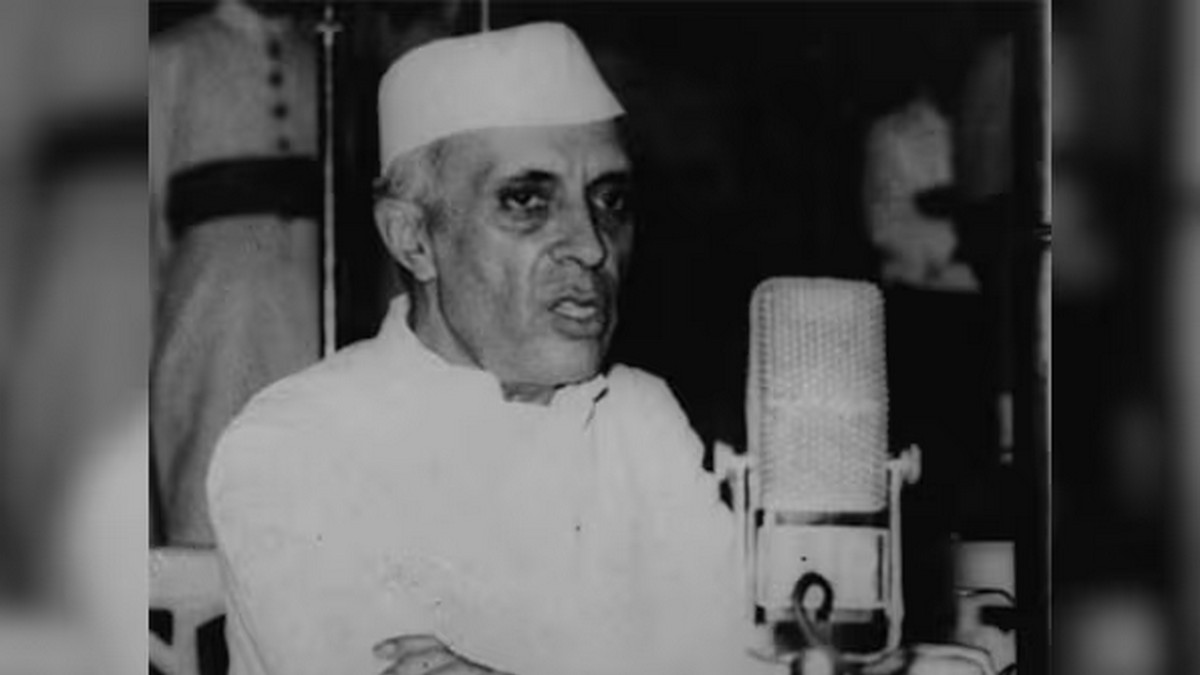)

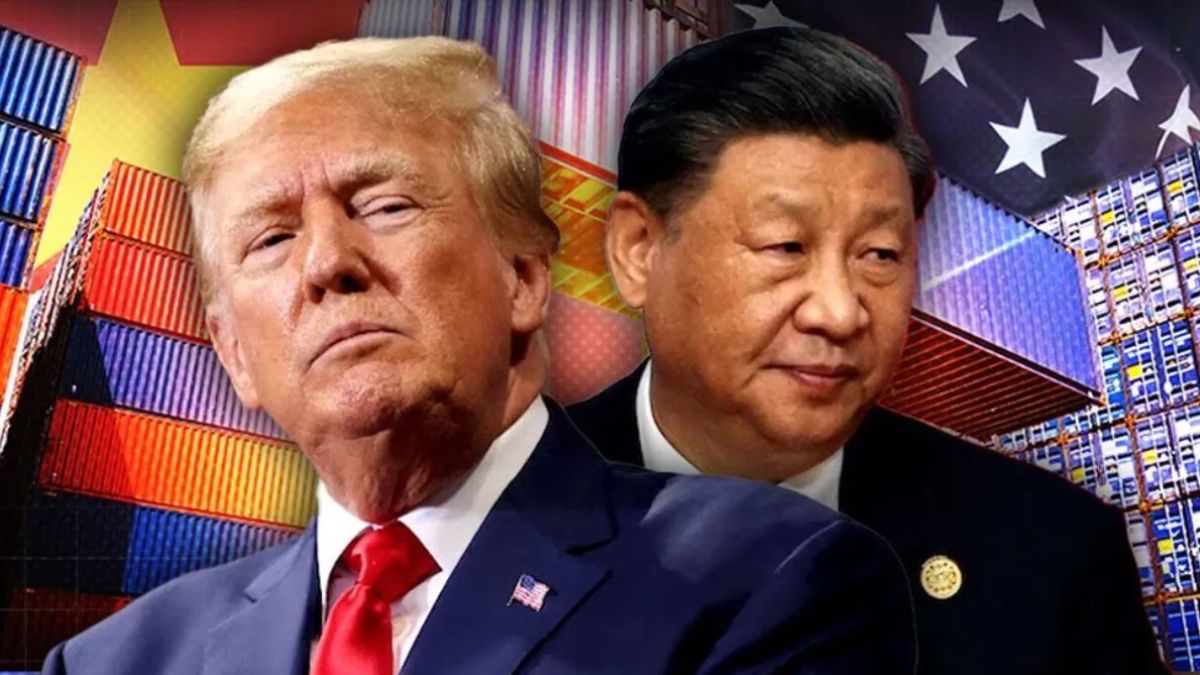)
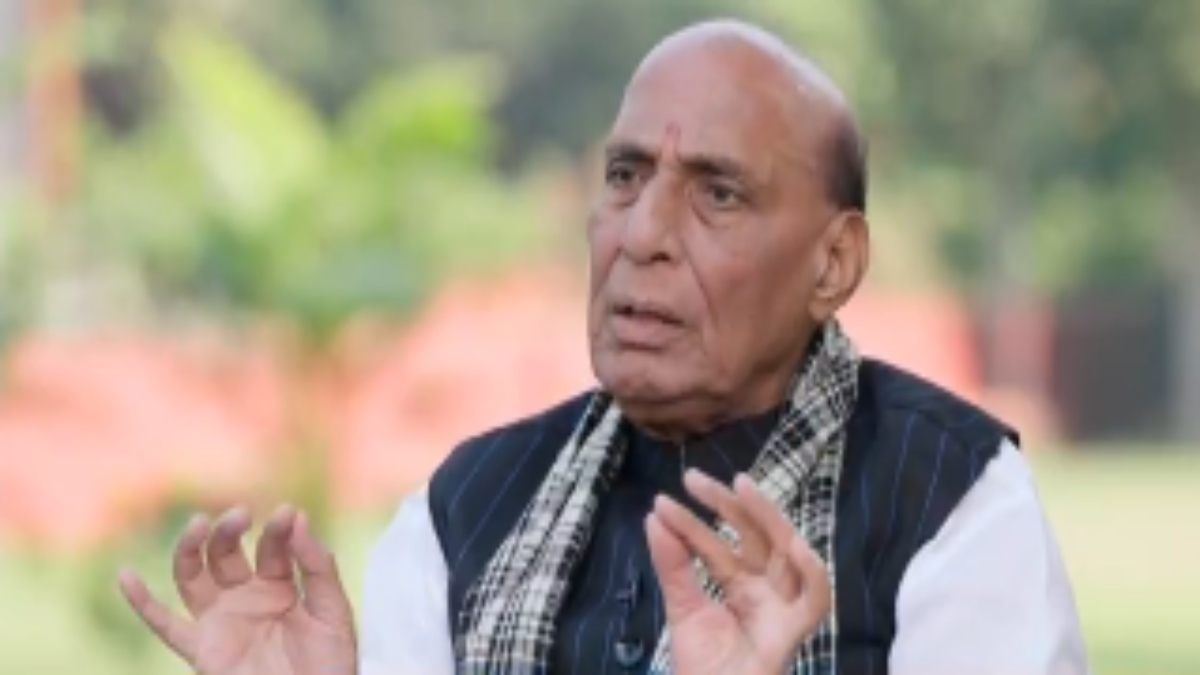)
)
)
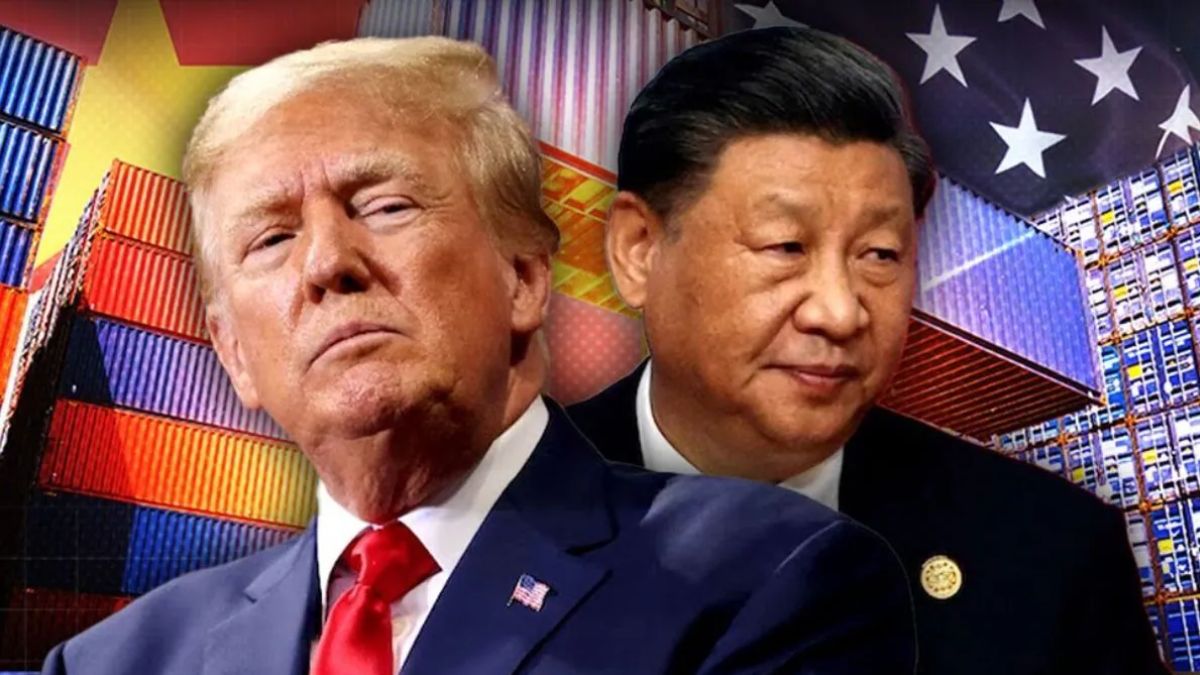)
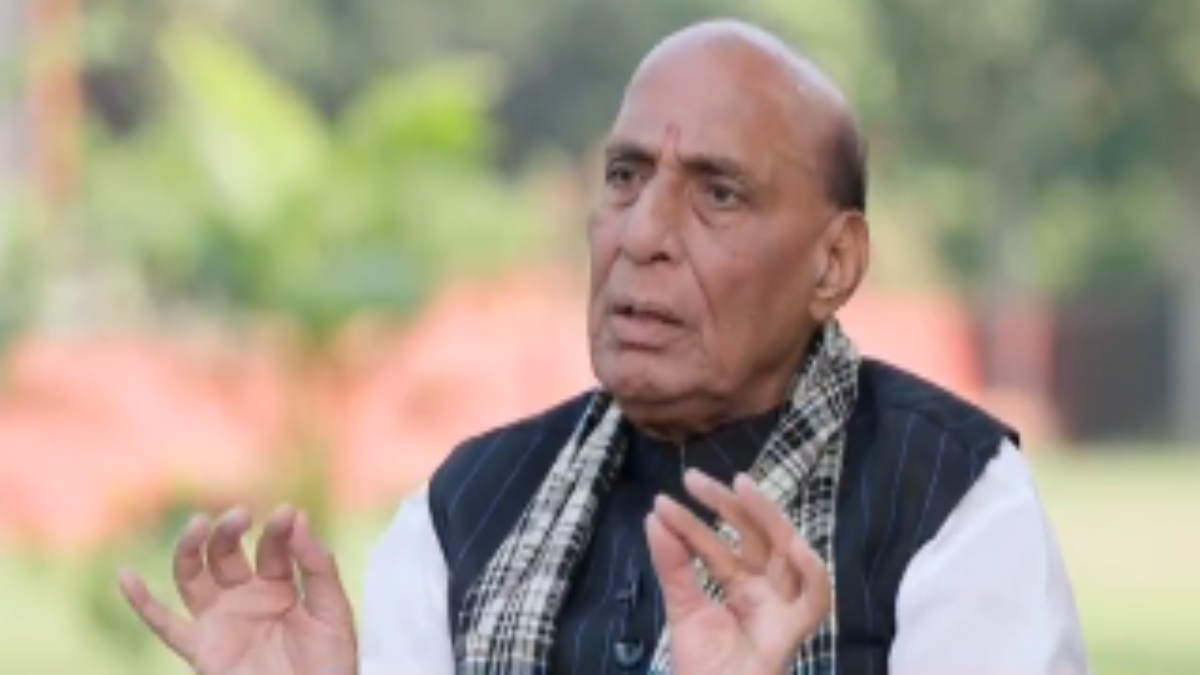)
)
)



